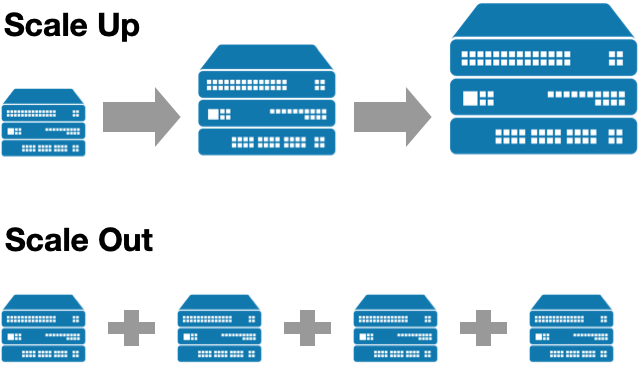Scale Up
What is Scale Up?
Definition:
Scale-up automation refers to the strategic implementation of technology, processes, and systems to efficiently expand and grow a business. It involves leveraging automation tools and solutions to optimize operations, increase productivity, and manage the complexities that come with scaling up a company.
Analogy:
Imagine scale-up automation as a seasoned business expansion partner. Just as a skilled partner would navigate through the challenges of growth, manage resources efficiently, and implement streamlined processes, scale-up automation tools do the same for businesses, ensuring a smooth transition to a larger scale.
Further Description:
Scale-up automation encompasses a range of activities aimed at facilitating and accelerating the growth of a business:
Operational Efficiency: Automation tools are deployed to streamline and optimize internal processes, reducing manual effort and increasing overall operational efficiency.
Resource Management: Efficient allocation and utilization of resources become critical during the scaling-up phase. Automation aids in resource planning, helping businesses make informed decisions on workforce, finances, and infrastructure.
Data Analytics: Utilizing data-driven insights, businesses can make informed decisions about their growth strategies. Automation tools help collect, analyze, and interpret data, providing valuable insights for strategic planning.
Customer Relationship Management (CRM): Automation in CRM processes enhances customer interactions, allowing businesses to manage and nurture relationships effectively as they expand.
Financial Management: Automation in financial processes, including invoicing, budgeting, and reporting, ensures accuracy and compliance, crucial elements for sustained growth.
Why is Scale-Up Automation Important?
Scalability: Automation tools are designed to grow with the business, providing scalable solutions that can handle increased demands without compromising efficiency.
Risk Mitigation: Scaling up inherently involves risks. Automation helps identify, assess, and mitigate risks by providing real-time data and insights for informed decision-making.
Competitive Edge: Businesses that leverage automation in their scaling efforts can outpace competitors by being more agile, responsive, and adaptive to market changes.
Resource Optimization: Efficient use of resources, both human and technological, ensures that the company is maximizing its potential during the scaling process.
Examples and Usage:
Enterprise Resource Planning (ERP) Systems: These systems integrate various business processes, providing a centralized solution for managing resources, finances, and operations.
Project Management Tools: Automation in project management streamlines tasks, improves collaboration, and ensures that projects stay on track during the scaling process.
E-commerce Automation: Businesses expanding into e-commerce utilize automation for order processing, inventory management, and customer support to handle increased transactions seamlessly.
Key Takeaways:
- Scale-up automation involves leveraging technology to efficiently expand and grow a business.
- It includes optimizing operations, resource management, data analytics, CRM, and financial processes.
- Benefits include scalability, risk mitigation, a competitive edge, and resource optimization.
- Examples of scale-up automation tools include ERP systems, project management tools, and e-commerce automation solutions.





